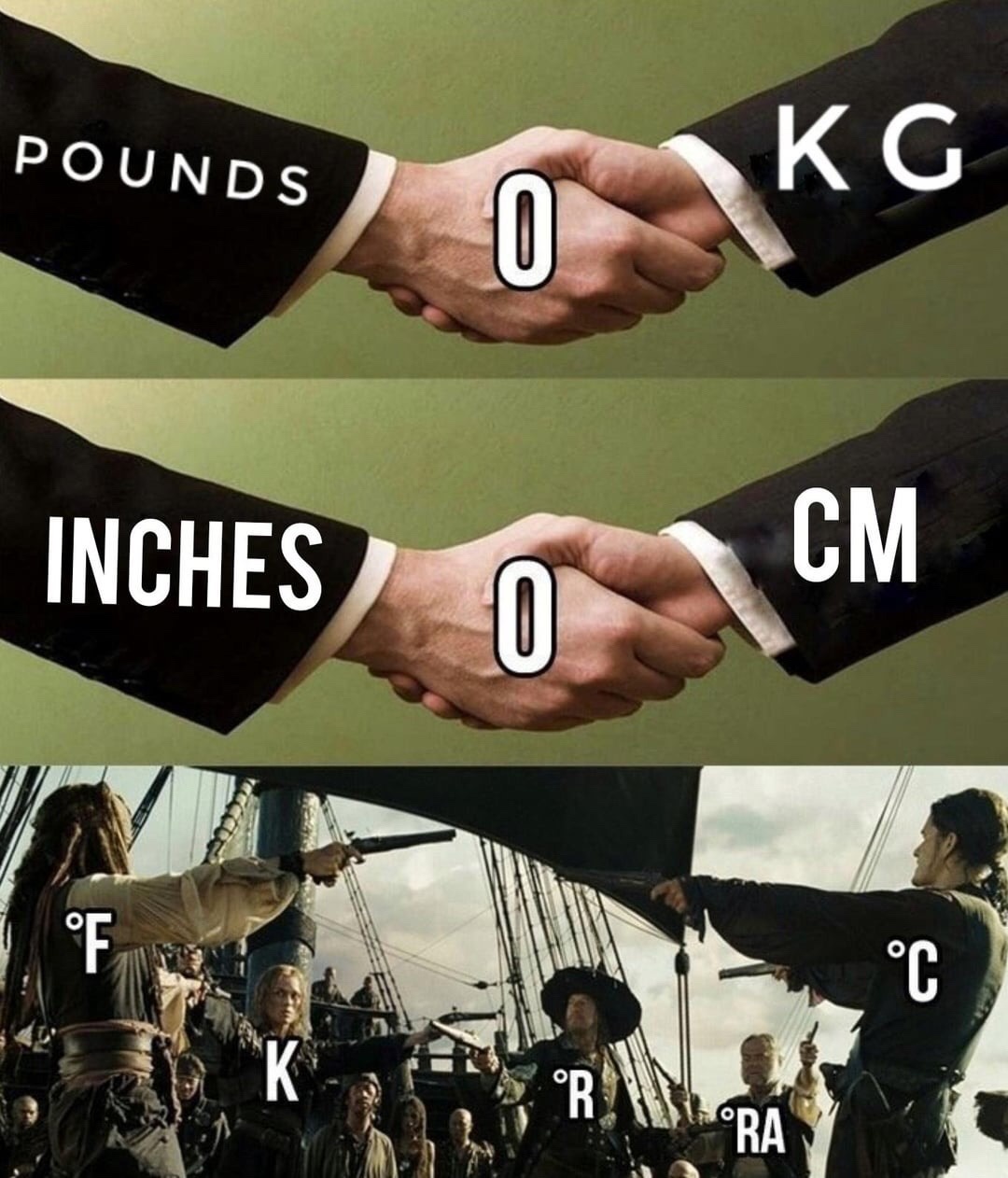this post was submitted on 07 Sep 2024
983 points (98.3% liked)
Science Memes
12071 readers
1670 users here now
Welcome to c/science_memes @ Mander.xyz!
A place for majestic STEMLORD peacocking, as well as memes about the realities of working in a lab.

Rules
- Don't throw mud. Behave like an intellectual and remember the human.
- Keep it rooted (on topic).
- No spam.
- Infographics welcome, get schooled.
This is a science community. We use the Dawkins definition of meme.
Research Committee
Other Mander Communities
Science and Research
Biology and Life Sciences
- [email protected]
- [email protected]
- [email protected]
- [email protected]
- [email protected]
- [email protected]
- [email protected]
- [email protected]
- [email protected]
- [email protected]
- [email protected]
- [email protected]
- [email protected]
- [email protected]
- [email protected]
- [email protected]
- [email protected]
- [email protected]
- [email protected]
- [email protected]
- [email protected]
- [email protected]
- [email protected]
- [email protected]
- !reptiles and [email protected]
Physical Sciences
- [email protected]
- [email protected]
- [email protected]
- [email protected]
- [email protected]
- [email protected]
- [email protected]
- [email protected]
- [email protected]
Humanities and Social Sciences
Practical and Applied Sciences
- !exercise-and [email protected]
- [email protected]
- !self [email protected]
- [email protected]
- [email protected]
- [email protected]
Memes
Miscellaneous
founded 2 years ago
MODERATORS
you are viewing a single comment's thread
view the rest of the comments
view the rest of the comments

After a few weeks, the humidity is driven out of the air, and humidity is what allows heat to transfer to/from your body more efficiently. Hit feels hotter when it's humid, and the same with cold, however hot air can hold more moisture, so it tends to build humidity over time. After a couple weeks with cold weather, the humidity drops and the cold starts to feel less cold.
Water capacity of air drops to about 0.25% around 20F/-6C. That doesn't take weeks, it's ideal gas law. Something about that difference between the 0.45%(ish) at 0C/32F is really impactful. That's absolute humidity, not relative btw. Relative humidity is weather dependent.
In any case, there's bound to be a lot of other factors such as calorie intake, behavioral changes like exercise, and biases such as the types of activities being done in cold vs hot or the indoors temperature that impact things. The body does tend to find a stasis if it can and that adjustment does occur to some extent. More or less for any given individual. Maybe i made my previous statements too general.